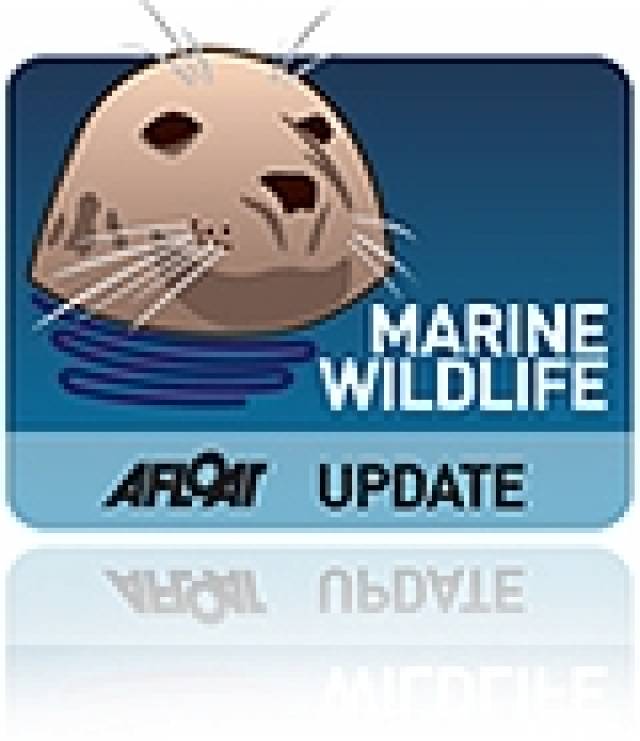#MarineWildlife - An "unusually large number" of Cuvier’s beaked whale strandings in western Scotland in recent weeks has baffled marine scientists, as The Scotsman reports.
Five of the rarely seen species were found washed up on Scotland's west coast in late December, a five-fold rise on the annual average.
And as Dr Conor Ryan of the Hebridean Whale and Dolphin Trust states, there are "no obvious clues as to what is causing such an obvious increase in strandings."
Recent stormy conditions may be a factor, he said, but alone they don't explain "why we are finding just one deep-diving species in such high numbers."
According to BBC Earth, Cuvier's beaked whales are the deepest diving of any large marine wildlife, plunging almost 3km into the depths in search of food, thanks to a unique physiology that allows them to withstand the crushing pressures and lack of oxygen.
It's possible that the whales may have succumbed to 'the bends' – which killed 14 beaked whales that washed up in the Canaries in 2002 – but the poor condition of the carcasses has ruled out any clues that a postmortem might provide.
The Scotsman has more on the story HERE.































































